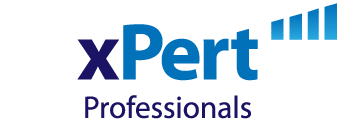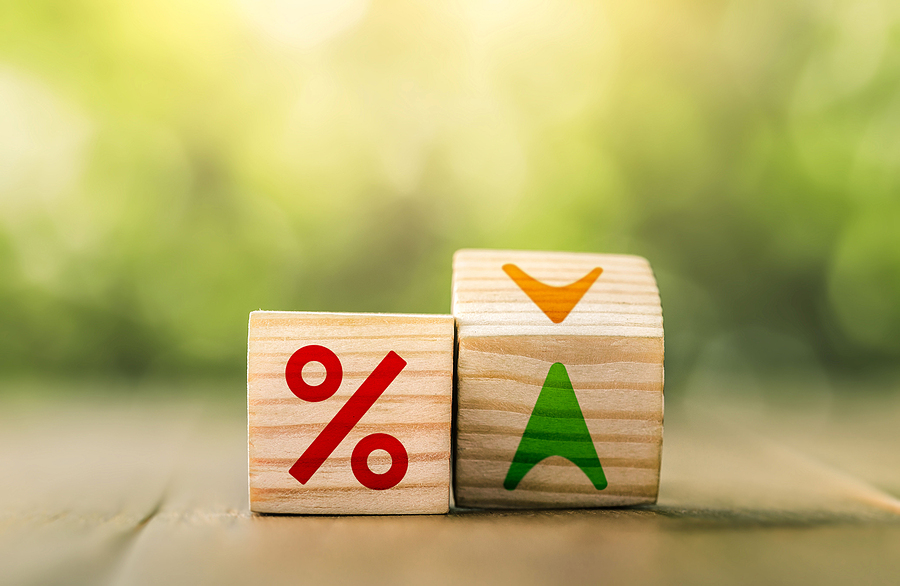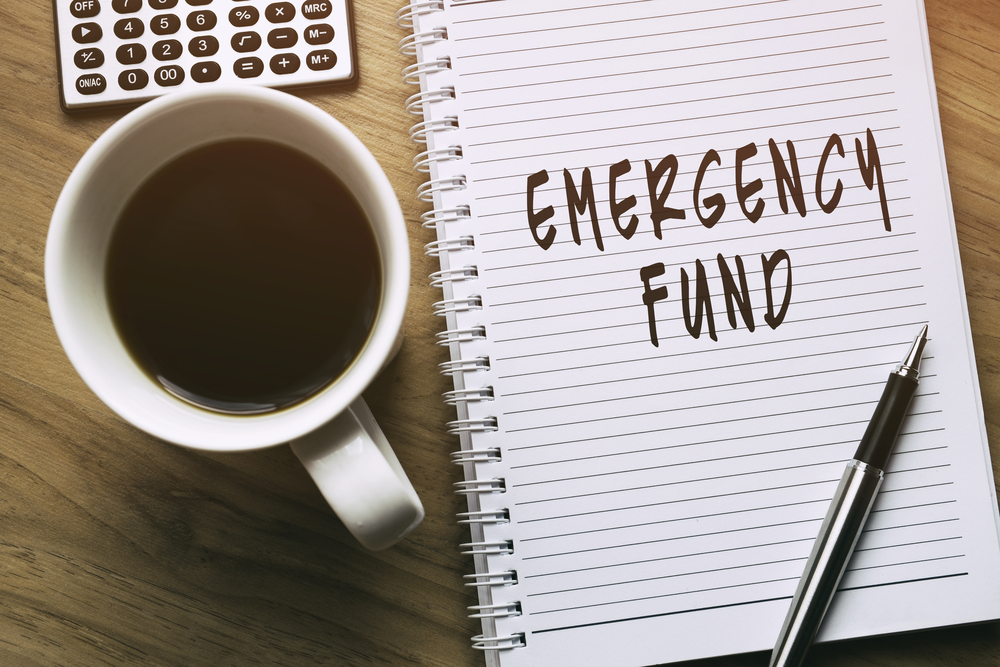Australia’s inflation has most likely topped out and is starting to moderate but it’s unclear if the fall will be enough to convince the Reserve Bank to keep interest rates on hold next week.
Consumer prices lifted seven per cent annually in the March quarter but the moderation from the 7.8 per cent yearly increase in the December quarter was more or less in line with expectations.
Quarterly inflation growth rose 1.4 per cent in the March quarter, which ABS head of price statistics Michelle Marquardt said was the lowest quarterly rise since December 2021.
The trimmed mean, which removes spikes from the data and tends to be the RBA’s preferred yardstick, moderated a little more than expected from 6.9 per cent in the December quarter to 6.6 per cent annual growth through to March.
The numbers have set the scene for another finely balanced cash rate decision, with little consensus from economists on whether another hike can be expected next week, or at all.
EY chief economist Cherelle Murphy said there wasn’t much good news in the report aside from signs of inflation passing its peak.
While goods inflation continued falling, sinking to 7.6 per cent from 9.5 per cent in the year to the December quarter, the marker for services recorded its biggest yearly rise since 2001.
Higher medical services, travel costs and rents drove the 6.1 per cent rise in services from a 5.5 per cent lift in the previous quarter.
Ms Murphy said rents were only expected to keep lifting and the competitive labour market was also likely to maintain pressure on wages.
“The RBA may not be convinced it will reach its forecast for trimmed mean inflation of 6.2 per cent by mid-year, given the ongoing strong demand for some services, the impact of a tight labour market and renewed calls for cost of living relief on wages and rising rents,” she said.
AMP Capital deputy chief economist Diana Mousina said rents and wages were the most worrying sources of bubbling inflation.
On one hand, public sector wage caps have recently been lifted in NSW and Victoria and there’s a chance the minimum wage will be boosted in line with inflation.
But on the other, she said newly-lodged enterprise bargaining agreements were averaging 3.7 per cent and early signs of easing in the jobs market should take pressure off private sector wages.
Ms Mousina said slowing momentum in inflation was enough to convince the RBA to keep the cash rate on hold again but it was a “close call”.
“The level of inflation is still high and the RBA may be concerned about future rental inflation and a potential public sector wage breakout so a 0.25 per cent rate rise can’t be completely ruled out,” she said.
Treasurer Jim Chalmers welcomed the moderation in inflation but said cost of living was still “unacceptably high”.
“This confirms the importance of a responsible and methodical budget that provides security in uncertain times, sets Australia up for the future and doesn’t add to price pressures – and that’s what we will deliver on 9 May,” he said in Sydney.
Shadow treasurer Angus Taylor said the government had failed to deliver promised cost-of-living cuts, including on power prices, with gas and other household fuels inflation lifting 14.3 per cent over the quarter.
“It’s time for this government to take responsibility,” he said.
Poppy Johnston
(Australian Associated Press)





